Celebrating twenty-five years of Honda's Type R
1992. The year that Nigel Mansell finally clinched the Formula One World Driver’s Championship, John Major led the Conservatives to a fourth consecutive victory and a tiny little ‘R’ was attached to a Honda.

The last one may not sound all that important in the grand scheme of international events in 1992, but to car fans the creation of the Type R brand was a major shifting point for Honda.
For a long time the Type R story was for Japan’s eyes only. In the early 1990s Honda took its already amazing NSX and tweaked it a little. The standard seats were ripped out and in their place were Kevlar-carbonfibre buckets, a Momo steering wheel and lighter alloys were fitted and thinner glass was used. The stereo and air conditioning were removed and only the electric windows were saved because manual winders would have been heavier. In total 120kg was shaved off.
But it was for Japan only, and so too was Honda’s next triumph two years later – the Civic Type R EK9. By now the Type R character had been rubber-stamped – Championship White paint, a red ‘H’ badge on the nose, a rev-hungry VTEC engine and red Recaro bucket seats; in effect lightweight semi-homologation specials. With its 197bhp 1.8-litre VTEC it was a far cry from the luke-warm Civic VTi available in the UK, but it was still for Japan only.
The same went for the third Type R too – the Integra DC2 of 1995. With its two-door coupe body and tall rear wing, it was arguably the pin-up Japanese car of the 1990s and Europe was crying out for it. In 1998 Honda finally relented; a limited run were imported (all wearing distinctive twin headlamps) and to capitalise on Type R fever in the UK, the then British-built Accord even received a Type R makeover with a massive rear wing, twin exhausts, a limited slip differential and a 209bhp 2.2-litre engine that revved all the way to 8,000rpm.
Now into the 2000s ‘Type R’ was loved but still an enthusiast’s best-kept secret. Over in Japan it was flourishing with the Integra DC5 (never officially imported here but it featured in the British Touring Car Championship between 2005 and 2010), but it was the British-built Civic Type R EP3 of 2001 that cemented Type R fever in the UK.
With a small but effective round of exterior jewellery, red seats, stiffer suspension and a 2.0-litre VTEC engine that revved to 8,000rpm it was the hot hatch of the early 2000s. UK buyers lapped it up due to its modern day GTI character of being easy to live with but also a cracker to drive on a B-road. The EP3 was joined by a second-generation NSX-R in 2002 – priced at £75,000 it was ultra exclusive.
2007 saw the Type R treatment applied to the radically styled Swindon-built FN2 Civic and in the same year the Japan-only FD2 Civic Type R Saloon. Various special editions were available and production of both ended in 2010 due to failing 2011 Euro-5 emissions regulations.
Now very much a cult, Type R fans would have to wait four long years for the FK2 Civic Type R. Seen as the revival of Honda’s performance DNA after years of post-Credit Crunch conventional cars, the new Civic had Touring Car-like bodywork with blistered arches and an enormous rear wing. It was the first big step-change for Type R too as the VTEC engine was now turbocharged. But that turbo allowed 306bhp to be shoved under the bonnet.
Just 2,500 FK2s were sold in UK and now, for the first time, the new FK8 Civic Type R is being sold alongside its standard siblings (Type Rs had normally been the run-out specials in the UK). With 316bhp and adaptive suspension it’s the hot hatch of the moment – just like its respective forebears.
You would think that the new Type R shares no similarities with its predecessors, but there are – the perfect driving position, a razor sharp chassis and handling characteristics, and a real sense of it being well engineered.
While the NSX-R in the pictures feels ultra special and the Accord a refined sports saloon, it’s the Civics that best reflect what the Type R badge is all about – not least the EP3.
Start it up and it sounds dull at idle but prod the throttle and the revs rise to a triumphant howl. It redlines at 8,000rpm and the metal-topped gearlever that comes out of the dash feels great to flick between gears. There’s not a huge amount of steering feel but the EP3’s chassis is still razor sharp more than 10 years on.
It’s this car that Goodwood Road & Racing feels sums up the Type R character the best. It’s a hatchback with a raw attitude but one that also feels hugely special. Whether the next round of Type Rs will continue to impress is anyone’s guess, but with 25 years of success stories under its belt, we’re confident there will be many more great hot Hondas.
Honda
Type R




















